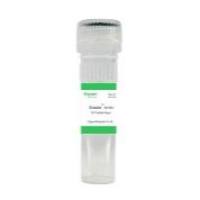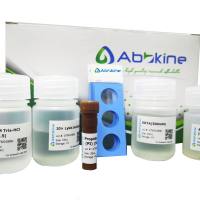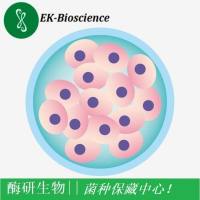Phospho-Specific Antibodies as a Tool to Study In Vivo Regulation of BRCA1 After DNA Damage
互联网
593
Phospho-specific antibodies have become very useful reagents for study of signal transduction pathways. This chapter describes the production of phospho-specific antibodies and their use to assess individual phosphorylation events in vivo in cells. The first step involves the synthesis of peptides (12–15 residues), where the phosphorylation site is centrally located, and a cysteine residue is incorporated at either the N- or C-terminus of the peptide to facilitate coupling it to an immunogenic carrier protein. No special immunization protocols are required to generate phospho-specific antibodies. Typically, animals of choice are immunized twice, several weeks apart, and enzyme-linked immunosorbent assay is used to determine the relative titer of sera against phosphorylated and nonphosphorylated peptides. Where the titer against phosphorylated peptides is much greater than nonphosphorylated peptides, the sera can be used at appropriate dilutions without further processing. In case a significant level of antibodies specific to the nonphosphorylated peptide is present in the antisera, an enhancement step is used to obtain a useful phospho-specific antibody. Although these enhanced antisera are suitable for many applications, there may be circumstances where affinity-purified antibodies are required. These antibodies can be used to detect a particular phosphorylation event in vivo using Western blotting, immunoprecipitation, and immunofluorescence.









